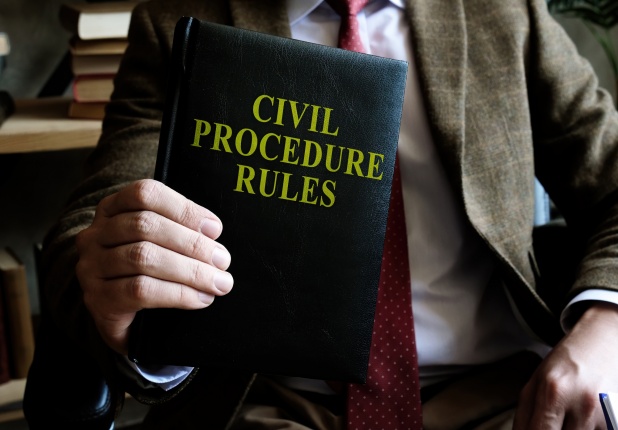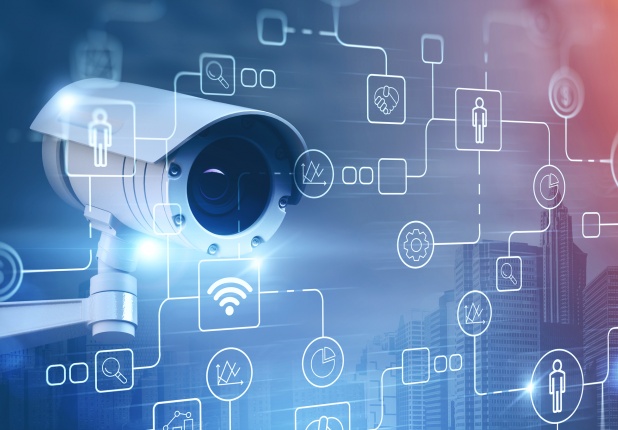Solving the “‘Privilege Log’ Problem”: Proposed Changes to Federal Rules of Civil Procedure 16 & 26
Changes to Federal Rules of Civil Procedure 16(b) and 26(f) are projected to come into effect in December 2025 that have been promulgated to address what proponents refer to as the “‘privilege log’ problem.” December 2025 is still relatively far in the future and whether the proposed amendments to Rules 16(b) and 26(f) are actually adopted is still subject to additional approvals, including approval by the Supreme Court. Nevertheless, bear in mind that nothing in the current Federal Rules of Civil Procedure prevents the parties from implementing the more proactive approach the proposed amendments seek to achieve.






